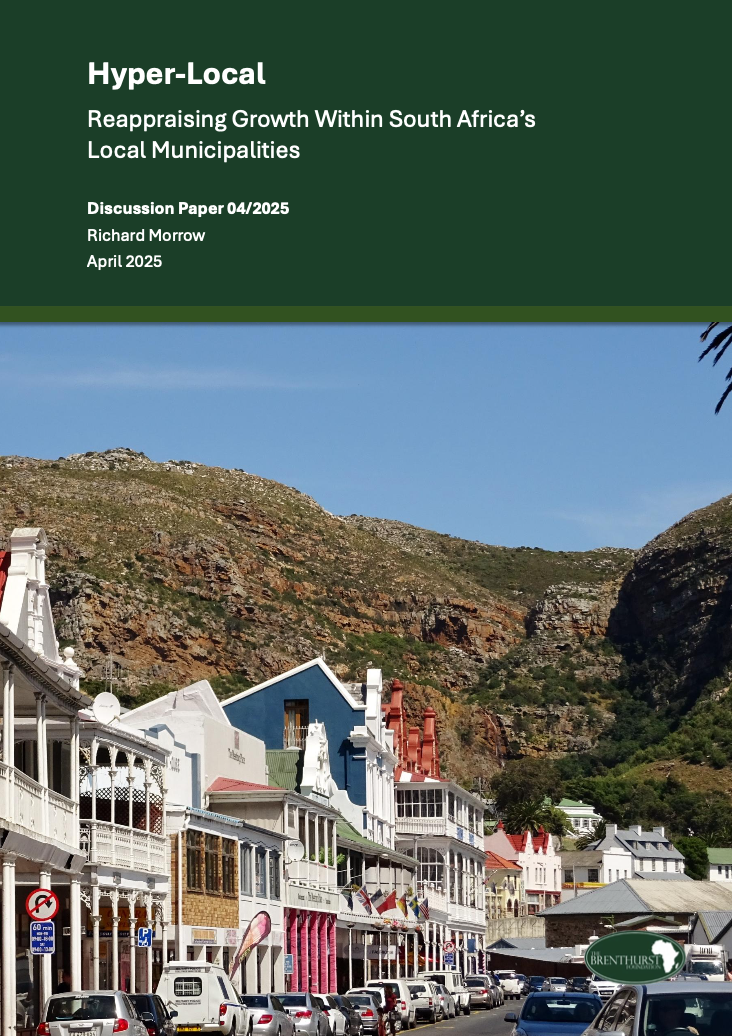Publications
Hyper-Local: Reappraising Growth Within South Africa’s Local Municipalities
The challenge, however, has been the inability or unwillingness among local municipalities to create this enabling environment for business. One need only look to the Auditor- General of South Africa’s 2022/23 report for an illustration of this reality: 18 of the 166 audited local municipalities were awarded clean audits. Poor governance, financial mismanagement, and service delivery deficiencies are commonplace among the country’s local municipalities, all of which act as direct impediments to economic growth. Even in those municipalities with clean audits, businesses encounter challenges, although these are less likely to be related to hard infrastructure (i.e. roads and sewerage) than they are soft infrastructure (i.e. human capital).
Absent any course correction, South Africa risks a future underscored by low economic growth, and more worryingly, a hollowing-out of its local municipalities. This is because those with aspirations and skills will migrate to municipalities where they believe they can secure an economic future. Local municipalities which are unable to address their underlying issues will therefore remain destinations of meek economic activity and high levels of unemployment. This will create fertile ground for populist rhetoric and activity. The challenges confronting South Africa’s local municipalities therefore present an economic, social, and political threat to the country at large.
But there remains opportunity (and hope) for change. In early 2025 President Cyril Ramaphosa acknowledged the need for addressing the many challenges confronting local municipalities, adding that the government would “undertake extensive consultation to develop an updated White Paper on Local Government to outline a modern and fit-for- purpose local government system.” Since then, Minister Velenkosini Hlabisa from the Ministry of Co-Operative Governance and Traditional Affairs has gazetted the Discussion Document on the Review of the 1998 White Paper on Local Government, with the aim being to “incite fresh thinking, honest reflection, and decisive action toward building a fit- for-purpose local government system.”
Kickstarting a fit-for-purpose local government system will be essential in stimulating economic growth across South Africa’s local municipalities. Achieving this will require a hyper-local approach: actively engaging a municipality’s civil society and making them an ally in the municipality’s efforts; empowering competent local municipalities to operate with greater independence from their district counterparts; and understanding nascent economic sectors within a municipality with the aim of supporting them. This approach must be tailored to each municipality’s unique economic, social, and political realities. Alfred Duma, Midvaal, and Newcastle are just three examples of how this hyper-local approach can be deployed across the country’s 205 local municipalities.



